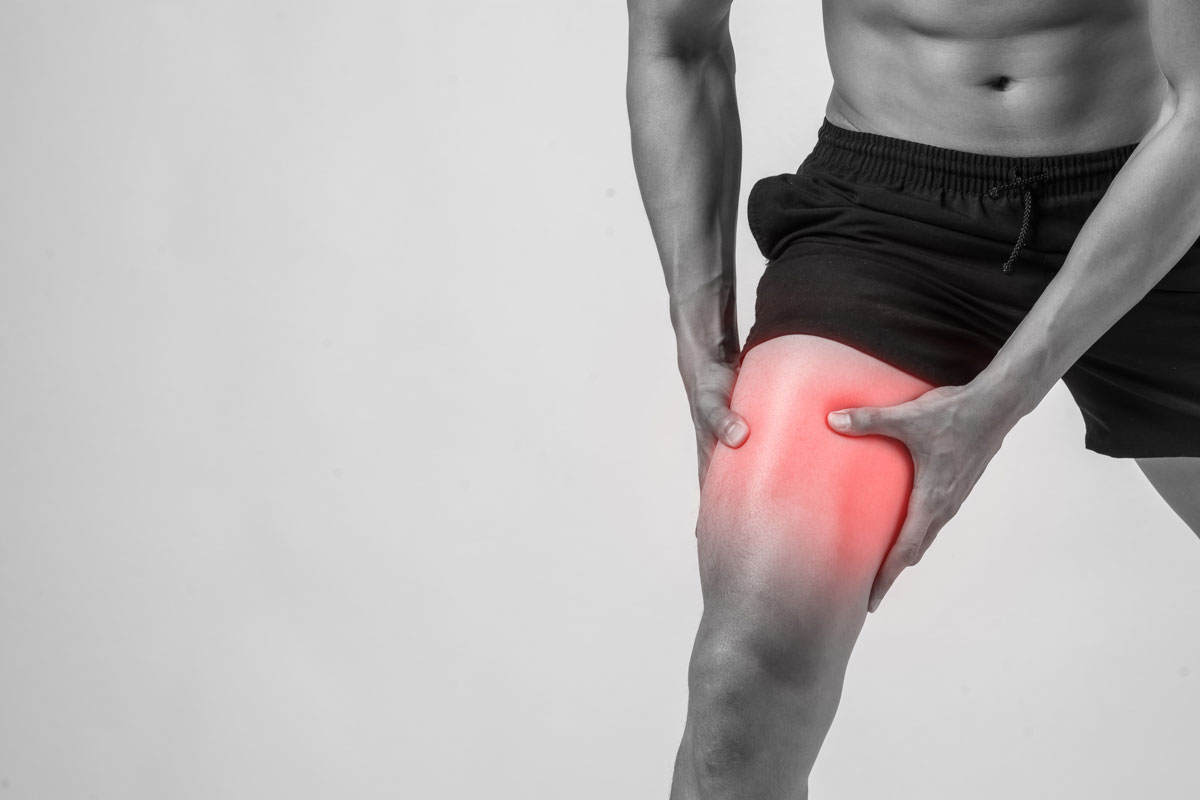ALL YOU NEED TO ABOUT SWELLING OF HANDS AND FEET
Inflammation of the body is often ignored. But it should never be ignored as such. Inflammation in the body can be any internal wound or cause of pain in any part of the body. In medical language, this is called edema. Sometimes, the swelling gets better on its own after some time. But many times, they appear in severe form for much longer if left untreated.
If the swelling of the body is prolonged, consult a physician. Swelling can also occur in many parts of the body such as the face, hands, feet, palms, toes. In such a situation, you will be able to reduce it only after knowing the cause of the swelling.
Edema occurs when fluid from the blood vessels begins to leak out into the tissues beneath the skin, resulting in swelling of the legs.

CAUSES OF SWELLING IN HANDS AND FEET
- Low level of protein in the blood: People who have low levels of protein in their blood may have swelling in their feet. The blood contains a protein called albumin, which helps keep the fluid inside the blood vessels. If the amount of albumin is low, the blood vessels start to leak and the feet swell.
- Liver and kidney diseases: People who suffer from kidney disease often have low albumin (a type of protein) in their blood. This happens because the liver is not able to make enough albumin and on the other hand, the kidneys expel albumin through urine.
- Medications: Certain types of medicines such as anti-hypertensive drugs (anti-hypertension), pain relievers such as non-steroidal anti-inflammatory drugs, and steroid medicines can cause swelling in the legs.
SYMPTOMS OF SWELLING IN HANDS AND FEET
If after pressing the skin with a finger, there is a pit for a few seconds (this is called pitting edema).
- swollen, flaky, and shiny skin
- swelling of the ankles, face, and eyes
- stiffness in body parts and joints
- weight loss or gain
- arteries in the arms and neck
- increased fasting pulse and blood pressure
- headache
- abdominal pain

REMEDIES TO REDUCE SWELLING IN HANDS AND FEET
Drink water to reduce swelling
To reduce swelling in your body, one must drink at least 8-10 glasses of water a day. Consumption of water supplies oxygen and blood to the body. When we consume more water, the swelling in our bodies starts decreasing.
Relief from cold and hot compress
To reduce swelling of the body, ice or hot water should be filled in a bottle and placed on the swollen area. This will reduce swelling as well as pain. If you have allergies, you should apply ice. By doing this, your external skin cools down and the swelling also decreases. But, if you are suffering from flaking, then you should compress it with warm water. Because at that time, it is beneficial to irrigate with hot water.
Reduce salt in food
One of the main causes of inflammation in the body is the excessive use of salt. Therefore, the amount of salt in your food should be kept low. Sodium is found in sufficient quantities in salt. Due to the high amount of sodium in prepared food, it can prove to be toxic to your body. This salt intake causes inflammation. Also, exclusively avoid fast food available in the market. They have high salt content.
Saltwater is beneficial
Salt is beneficial for reducing swelling of hands and feet. To use it, put two teaspoons of salt in lukewarm water and keep your hands and feet in that water for at least 15 minutes. The use of saltwater reduces swelling.
If you or anyone you know needs chiropractic care and physiotherapy for swelling of hands and feet, these are the remedies one can opt for under the direct care of your chiropractor
If you need expert chiropractic care, call (972) 210-0033 to book an appointment with Dr. Gill.
